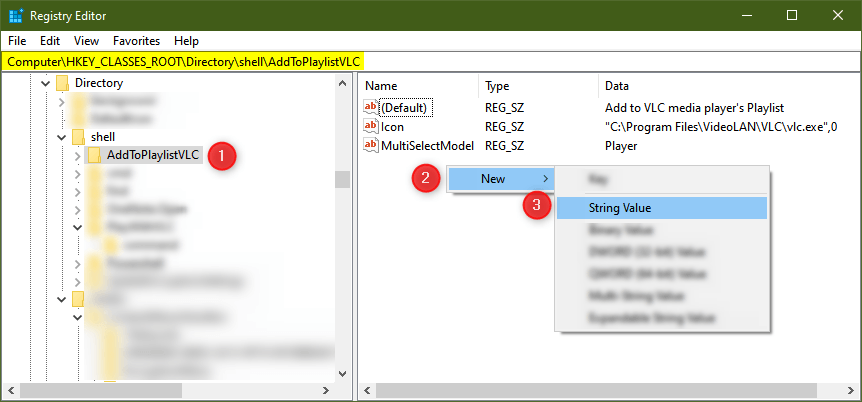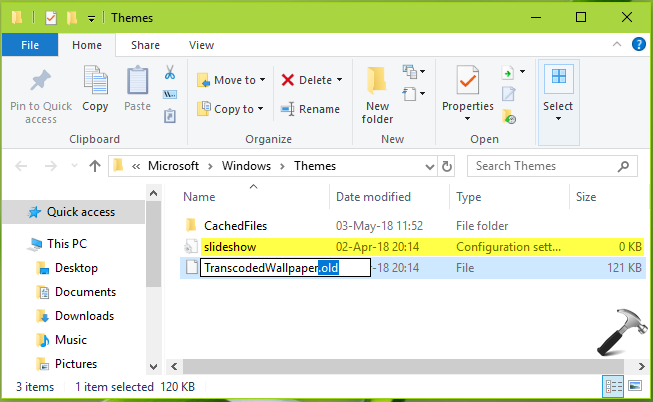

Files in the cloud are also easier to share so you can collaborate with friends and coworkers. Unlike physical media, the cloud can't break or get lost, so you don't necessarily need to back up the files you keep on it. If you own a business and want to keep all of your documents in the cloud, you may want to pay your cloud service for more storage.
#WINDOWS 7 WHEN I TRY TO LEFT CLICK RENAME IT JUST FLASHES FREE#
The free storage space that comes with these accounts (usually around 15GB) should be plenty if you're using your account for regular personal, work, or school purposes.

Some of the most popular are Google Drive, OneDrive, and Dropbox. There are many services that allow you to create a free account and save documents, images, and other files to the cloud. Always be sure to back up your files, and don't include private information on there in case it gets lost or stolen! Saving files to the cloud Remember: People frequently forget to eject/retrieve their USB drive if they bring it to a new place. To learn more, check out our lesson on Backing Up Your Files. USB drives and the cloud can also be used to back up your files. With cloud storage, you can access your files from any computer with Internet access without having to keep track of a physical device.

USB drive: USB or flash drives are small, removable hard drives that plug into the USB ports on your computer.In this lesson, we'll talk about two ways to save your files so you can access them from almost anywhere. Sometimes, you may want to bring your file with you and open it on a different computer. When you're working on a document or other computer file, you can always save it to your computer's hard drive. en/computerbasics/learning-a-new-program/content/ Bringing your files with you


 0 kommentar(er)
0 kommentar(er)
